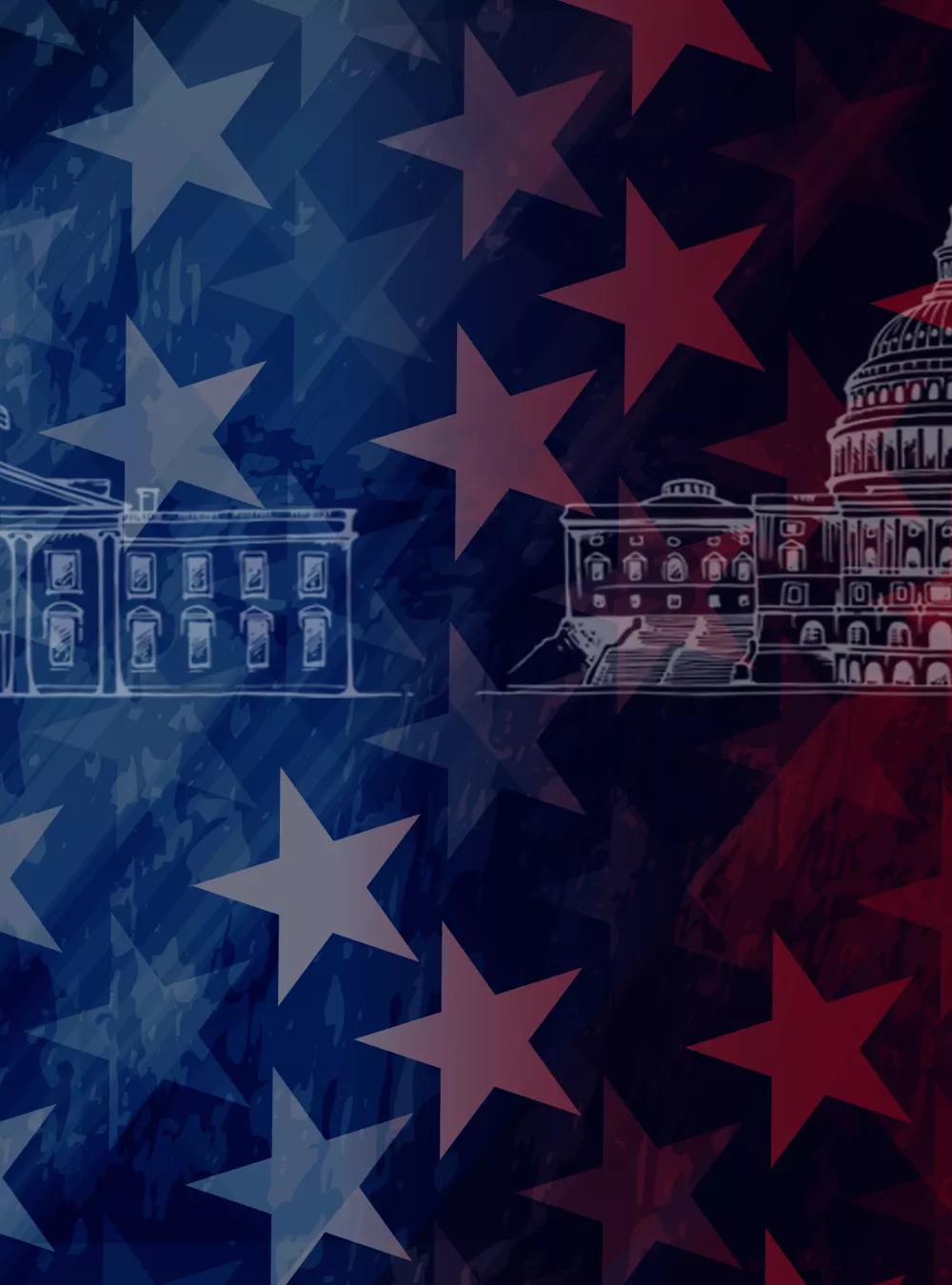Innovative technology and intensifying geopolitical competition are transforming the global financial system. Without strong U.S. leadership at home and abroad, this could reduce the central role of the U.S. dollar and undermine U.S. national and economic security.

The U.S. Dollar, Emerging Technology and Geopolitical Risk, and the Future of the Financial System
What’s the issue? The U.S. dollar has been the cornerstone of the global financial system for over 60 years. However, the rapid development and adoption of digital currencies and new payment systems are challenging this status quo. Stablecoins, cryptocurrencies, central bank digital currencies, and novel payment systems are rising in popularity as alternatives to the incumbent payment system because of weak banking infrastructure in some countries and the “weaponization of the dollar.” This trend could undermine U.S. national security, including by weaking the effectiveness of some U.S. tools for economic statecraft.
What did we do? A cross-MITRE team analyzed global and domestic trends in digital assets and payment systems to develop specific recommendations for the incoming administration.
What did we find? To preserve the benefits that accrue from the U.S. dollar’s widespread use, MITRE recommends the U.S. government accelerate and deepen its engagement on the future of the financial system. This includes the following priorities:
- Focus on the safety and soundness of these new products by conducting stress tests and partnering with the private sector on the cybersecurity risks
- Streamline and reduce the domestic and U.S. financial regulatory burden, including through executive and legislative action
- Encourage public-private collaboration through the development of sandboxes and an expansion of the government’s role as technical observers for novel projects
- Capitalize on the U.S. role as host of the G20 in 2026 to ensure the future of the financial system is aligned with U.S. values and interests.